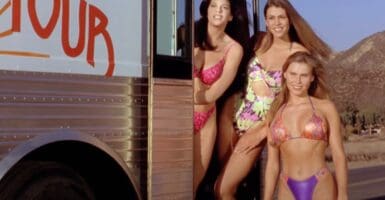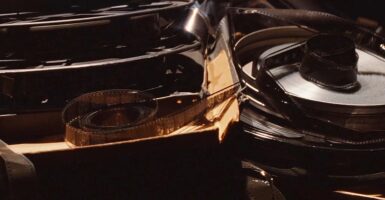James Cameron Winning The Fight To Prove Avatar Is An Original Idea
This article is more than 2 years old
When you make a movie that grosses more than any other film in history, as James Cameron did with Avatar, then certain people are bound to try and get a chunk of that money for themselves, and Cameron has recently dealt with multiple lawsuits calling him out for copycatting stories. Of course, when you make a movie that crams together a bunch of vague concepts, as James Cameron did with Avatar, you’re probably ripping off everyone, rather than just a couple of people. I’m sorry, I mean you’re probably “graciously showing visual and narrative respect to your inspirations.” Wouldn’t want to deal with a lawsuit for slander.
Already having gotten the Bats and Butterflies lawsuit thrown out last September, James Cameron has once again come out the victor after Judge Margaret Murrow granted his request for summary judgment in a lawsuit filed by Gerald Morawski back in 2011. (For those of you into such things, you can read the ruling here.) Morawski sued for Breach of Contract, among other things, claiming Cameron used ideas from a film concept he pitched to Cameron back in 1991, an environmentally conscious idea he titled Guardians of Eden. While that’s a neat pun and all, it apparently wasn’t enough to sway anyone into thinking it inspired this.

In a statement after the ruling, Cameron said, “It is a sad reality of our business that whenever there is a successful film, people come out of the woodwork claiming that their ideas were used. AVATAR was my most personal film, drawing upon themes and concepts that I had been exploring for decades. I am grateful that the Court saw through the blatant falsity of Mr. Morawski’s claim.” As soon as he stopped talking, someone sued him, claiming they’d written that statement in 2008.












